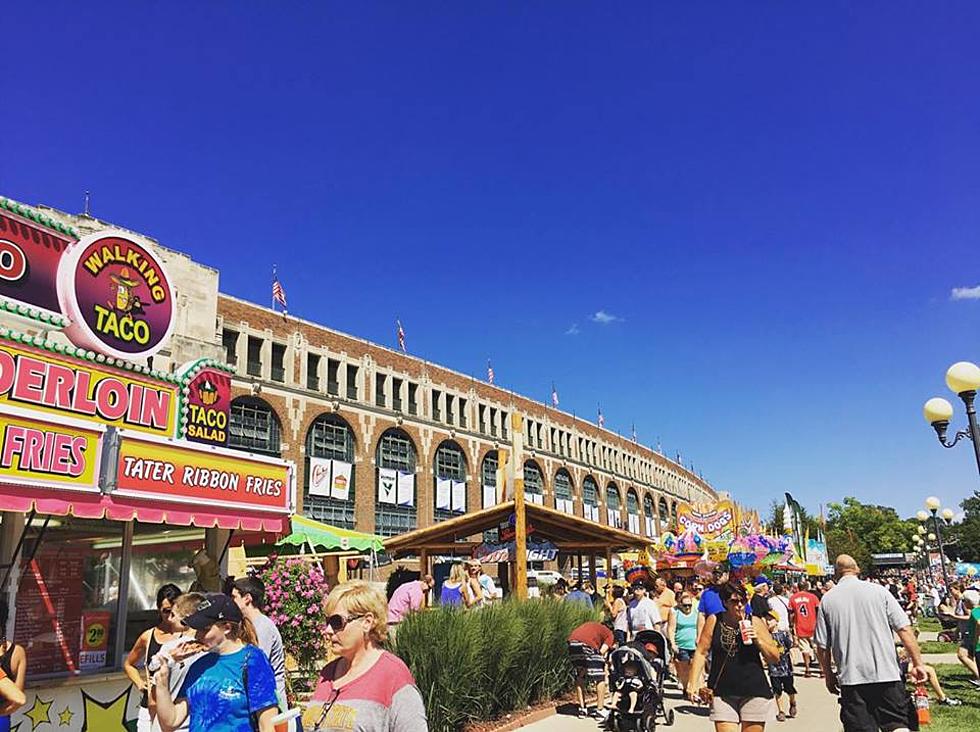
Gov. Reynolds Warns Quick Arrests If Truck Blockades Come To Iowa
After three weeks of protests, blockades in Canada ended after hundreds of officers conducted one of the largest police operations cleared the area over the weekend. According to the Guardian, by Sunday morning, more than 191 people were arrested and 57 vehicles were towed.

The blockades, which started over vaccine mandates at the border, have started to trickle down to the US as truckers start talking about their own protest. According to an article in the Federalist, a grassroots group known as the “American Freedom Convoy” is set to launch on the west coast on March 1, reaching D.C. by March 7th. Another source, ThePeoplesConvoy.org, which outlines plans and routes for the convoy,says truckers plan to start the convoy Wednesday Feburary 23.
Back in Iowa, Governor Kim Reynolds says that if those protests and blockades that have been happening in Canada happen here, people involved would be arrested. At the same time, Reynolds does sympathize with Canadians that are unhappy with the vaccine requirements. In a report by Radio Iowa, Reynolds said,
"The means don't justify the end, but I'm telling you it is a reflection of where people are at today."
This lines up with the “Back the Blue Act” Reynolds approved last year that raised penalties for protest-related crimes. According to a release from the Governor’s office, the act makes riots a felony offense, increases penalties for destructive behavior, establishes qualified immunity, and increases due process protection for law enforcement.
Last week, Governor Reynolds joined 15 other U.S. Governors and the Alberta Prime Minister to sign a letter to Justin Trudeau and President Joe Biden calling the leaders to reinstate vaccine the exemption. The letter came in response to supply chain constraints that came from the blockades.
OPINION - This Cedar Valley Eyesore Needs To Be Demolished
10 Questions You Should Never Ask Somebody From Iowa
More From 98.1 KHAK









